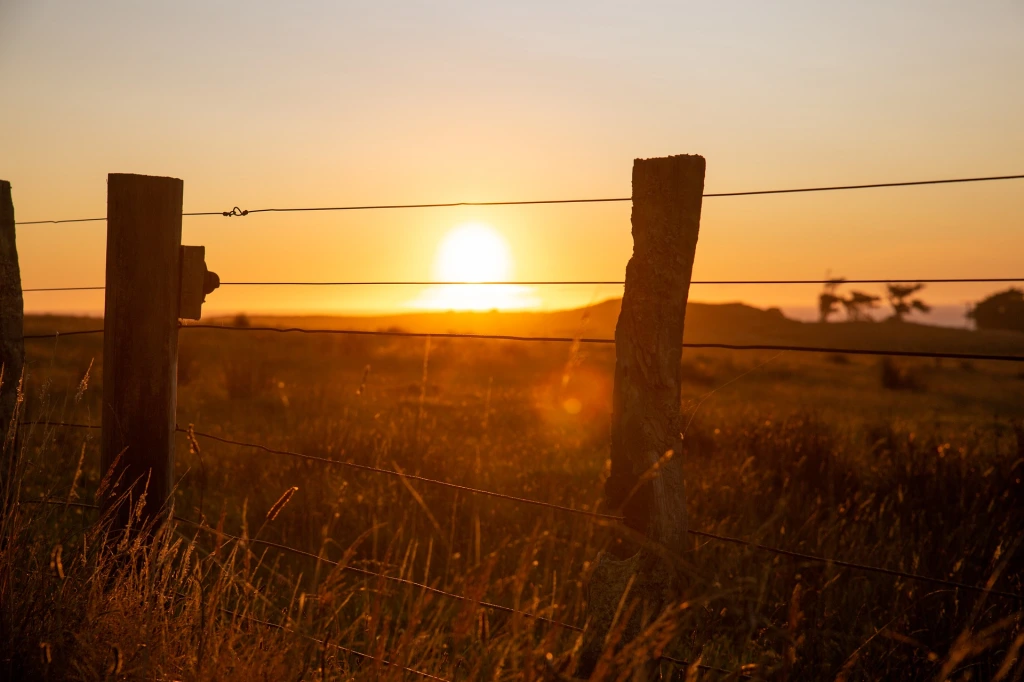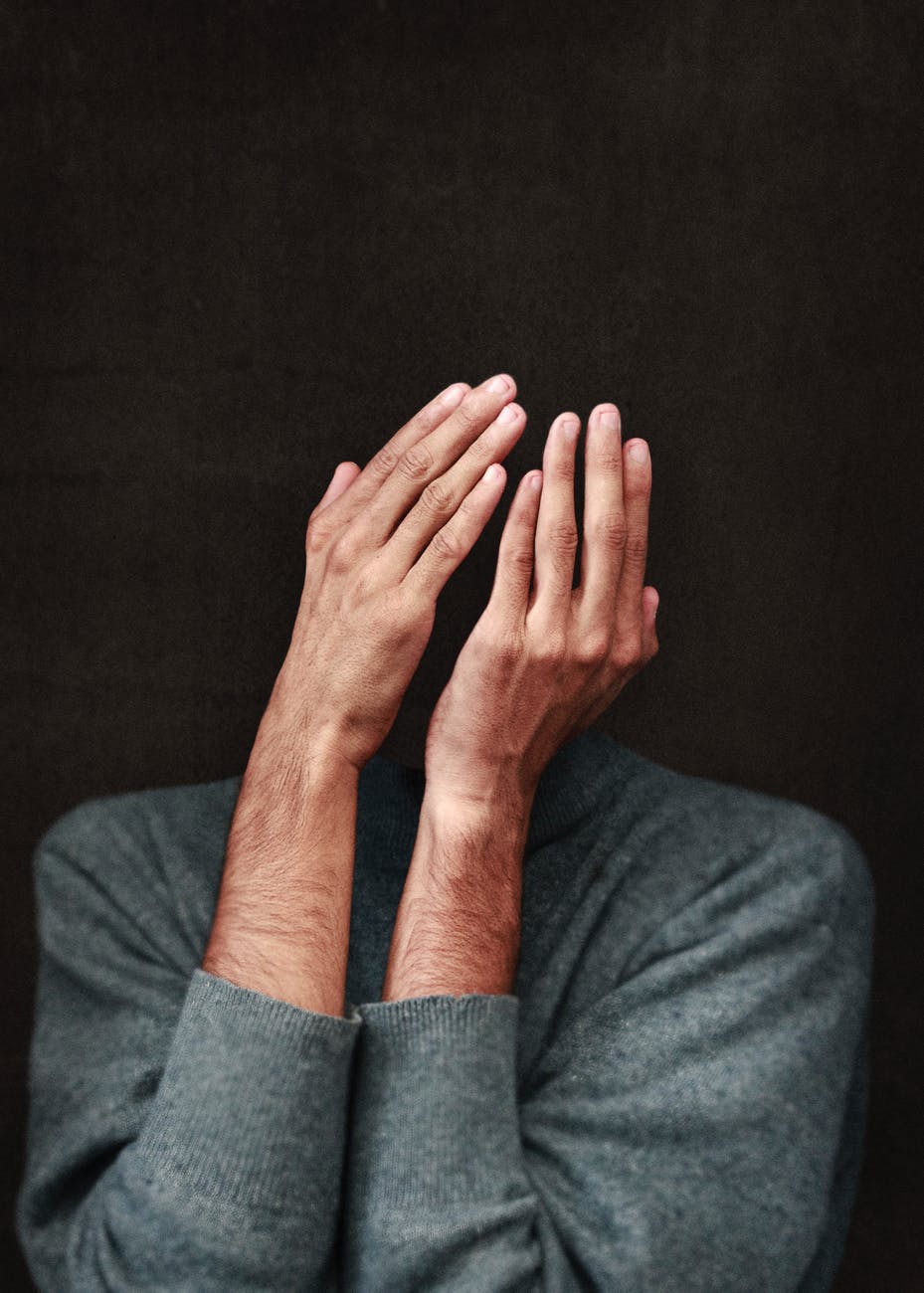
Women in (or after) abusive relationships are frequently told ‘you have no boundaries’, ‘you need better boundaries’. This ignores the simple truth; that your boundaries are not welcome in an abusive relationship.
People who abuse others don’t want to hear that they are at fault. They make you believe that it’s your fault they hurt you. Or that you’re over-sensitive, a nag, or too critical. Or a few really sadistic abusers will actually enjoy causing you pain. Either way, the abuser wants to treat you exactly how they want to treat you. They don’t want to be challenged.
So, you either fight, or submit, or a circling combination of the two. This is a normal response to living in a dysfunctional or even dangerous system. It is a trauma adaptation. You are normal.
In this article, I explore what happens to your boundaries in an abusive relationship, and things you can do that will help you heal.
HOW IT HAPPENS
- We are habitually treated in ways that hurt or harm us. We are violated. We are repeatedly controlled, critisized, undermined, ridiculed, demeaned, humiliated, or verbally, physcially or sexually assaulted.
These are all boundary ‘violations’. They hurt. We hurt. It is painful to have a boundary that is repeatedly violated.
- We are then silenced and blamed when we challenge how we are being treated.
The abuser has created an environment where it is not possible or permissable for us to protest about how we are treated. We are blamed for any painful feelings that we might have in response to their abuse, and then systemically silenced.
This can look like: punishment, name calling, violence, stonewalling, justification, excuses, turning the responsibility back on us, blaming or suggesting that we have done the same / something just as bad / are not so perfect ourselves. It can be dangerous to express our hurt or anger at how we are treated, or even to show it. Conversely some abusers enjoy causing pain, and so we might shut down our hurt in order to deprive them of this satisfaction.
Nothing we do ever seems to have an impact. Whether we say something, say nothing, try and keep the peace, we are told this is ‘wrong’. We cannot ‘win’, whatever we do. Because the only way for the relationship to change is for the abuser to cease their relentless campaign of coercive control.
Turning the blame on us actually helps them to stay in control. If we are always looking inwards, then we are always off balance, busy searching for the solution to their treatment of us inside ourselves. (It may or may not be a conscious strategy on their part, but that doesn’t diminish the impact on us.)
- We lose touch with our own boundaries and feelings, and we turn the anger on ourselves.
We might become numb to the abuse, believing that it doesn’t matter, or that we deserve it anyway. We might stop noticing it, or minimise the impact it has on us. We might start to hate ourselves for hurting.
Horrifyingly, we start policing ourselves. The abuser has trained us well.
THE PROCESS OF RECOVERY
STARTING TO LISTEN TO YOURSELF
Because you have had to shut down in order to survive, it will be important to begin listening to yourself. Your inner wisdom is right there, in your body. You. You matter. Your voice, yourself, your feelings; they matter.
- Start to listen to your feelings. Practice checking into your body: are you scared, angry, disappointed, sad? Where do you feel it? Can you allow it to be, just as it is, just for a moment?
- What choice would you make, if you were free to?
- Watch what the abuser does to disempower you. How do they hook you into feeling guilty, ashamed, like you’re doing something wrong rather than the target of abusive, shaming or controlling behaviour?
- How can you support yourself in the moment. Sometimes a mantra can help; ‘It’s okay to feel hurt/angry’, ‘I hear you’, ‘I love you’.
- How can you diminish the power of their words in the moment. A mantra can help with this too; ‘It’s just a tactic’ (to control me), ‘they’re wrong’, ‘there’s nothing wrong with me’, ‘I’m not the problem’, or whatever helps you feel steadier in yourself.
- Practice working out what you think, rather than allowing the story to be defined by the other. Allow yourself the space for your own opinions.
- Find ways to be around people who do listen to you. This is immensely important. We ‘take in’ how we are treated. This will make an enormous difference to your experience of yourself.
If you’re finding it hard to get in touch with yourself, feel intensely self-critical, or find yourself overwhelmed, dissociative or it feels too big or frightening, stop, take a breath and allow yourself to do something comforting. It’s fine not to press through. The trick is to find a way to feel without becoming too overwhelmed. If you are struggling, becoming repeatedly overwhelmed or having shame or panic attacks, you might want to seek professional help to support you in your journey of reconnection.
RECOVERING ‘RELATIONALLY’
Firstly, do be thoughtful about becoming more assertive in a relationship that is, or your fear may become, physically or sexually abusive. It can be very unsafe to challenge a dangerous perpetrator, so please do seek specialist help if you are at all worried.
Even if your relationship is emotionally rather than physically/sexually abusive, it is likely that the abuse will escalate if you find more of a voice. This isn’t a reason not to do it, but it is important to be prepared for some push back.
If setting boundaries is likely to put you at risk, you might practice ‘small rebellions’. Create pockets in your life – safely, privately – where you are completely in charge. Practice making decisions yourself, trusting yourself, do the things that you are not ‘allowed’ to do safely out of sight of your abusive relationship.
Always, always prioritise your physical safety. You might find that you want to practice your boundary setting skills outside your abusive relationship.
TIPS FOR SETTING BOUNDARIES
- Play around with boundaries in your imagination for a little while, think about what you might like to say, how you might say it and how that might feel.
- Plan what you may need to increase your skill at setting boundaries: read books about boundaries, look for people who deal skillfully with other and see what they do. Try on their way of relating, see how it fits.
- When you’re ready, start with the easy relationships, the ones that feel safest. Work on this, and increase your levels of difficulty slowly. Even if you need to start by saying ‘no’ in the supermarket, every boundary is a win.
- Or, start with what hurts most. Sometimes we need to start at the point of most pain in order to feel our way back to the subtler pains. You’ll know best where you need to start.
- When it doesn’t work out how you wanted it to, evaluate what went wrong, learn what you need to learn and move on.
- Celebrate your achievements! It takes enormous courage to change old patterns, particularly ones developed in such difficult situations. You are doing amazingly just to engage in the process.
Setting boundaries with people who do not listen can be infuriating, saddening and crazy-making, so it is fine to find this challenging and also to reach out for support if you need it.
Remember that people who use abusive tactics will tend to respond defensively, so don’t judge your boundary by their reaction. They will try every trick they have to dismiss you and your feelings, and are unlikely to concede the point (and will probably punish you afterwards anyway) but what matters is how you feel about yourself.
Again, your safety is paramount, and so please, please keep yourself safe as you first priority. It is completely valid not to speak up if speaking up puts you in danger, or you or your children will be punished for it. Complying is a completely valid response, and an important one to have in your toolbox.
HOW THERAPY CAN HELP
You don’t need to be overwhelmed to seek therapy; it is completely okay to seek support just because you want support. That said, if you are finding that trauma is resurfacing in a way that doesn’t feel manageable, or that you’re finding your feelings big and overwhelming, don’t hesitate to get in touch with a specialist.
Sometimes it helps just to have another set of eyes on the task. It can be hard to change patterns, particularly those that are trauma related (they can have a lot of emotional ‘charge’ to them). A therapist will: be in your corner, know (hopefully) some of the right questions to ask, be non-judgemental as you grapple with your inner experience, help you sort through what it actually is you feel, and help you develop yourself to meet the particular challenges that you face.
REMEMBER
Getting ever closer to our authentic selves is a lifelong journey for most of us. Even situations that don’t go the way that you wanted them to will teach you a lot, about yourself and the other.
There will be missteps, and ‘mistakes’, but there will be life in all it’s messy gloriousness too. You can be in your own corner. Your own best friend. Decide for yourself what you think, and feel.
You’re recovering the most valuable thing; your relationship with yourself.
Good luck, and take care.
RESOURCES
If you’d like to speak to someone, call the 24-hour National Domestic Abuse Helpline for free on 0808 2000 247 and they will be able to direct you to resources in your local area.


